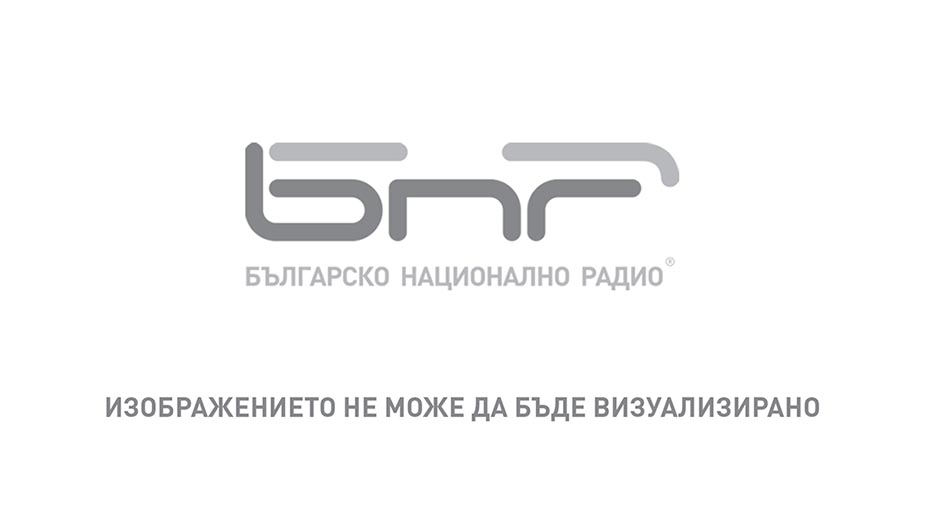
We need to reach the depths and find out how the Universe emerged and how we exist, using physics, said CERN Director General Professor Rolf-Dieter Heuer, at the opening of an exhibition at the Earth and Man National Museum in Sofia, dedicated to the 60th anniversary of the European Organization for Nuclear Research /CERN / and the 15th anniversary of the full membership of Bulgaria in it. Recently, the world’s largest particle physics laboratory set a Guinness record with its discovery of the Higgs boson or the “God particle” in 2012. Without sounding immodest, we should mention the role of the Bulgarian science in the attempts to unravel the mysteries of the universe. Bulgaria has been actively participating in the preparation and implementation of one of the two large experiments at CERN - the Compact Muon Solenoid (CMS) since its establishment in 1991. Bulgarian physicists and engineers have a significant contribution to the construction of the particle detector. Bulgaria officially became a full-time member of the prestigious scientific organization on June 11, 1999. Currently, 120 Bulgarian scientists and PhD students do research work in CERN.
In addition to a number of scientists Bulgaria has sent to CERN over 255 high school teachers. They had the opportunity to participate in week-long trainings in specialized laboratories of the center. This is possible thanks to the training program for teachers of physics and astronomy at the European Centre for Nuclear Research, organized and funded by the Ministry of Education. Teachers who took part in the program later showed CERN to over 2,000 Bulgarian students.
"The idea is to use an accelerator that was developed by CERN and train people to work with it, says associate professor Litov. It will be a regional center. It surpasses the needs of Bulgaria, but would serve the entire Balkan Peninsula. It can treat about 1,500 people. More importantly, it is scientific infrastructure that will bring our country very quickly to the forefront in the world in several areas, not just oncology, but also radiobiology, particle accelerator technology, but also in the development of detectors for nuclear applications in medicine i.e. diagnostic instruments. "
Construction of the center will take about seven years and will total about 150 million euro. In order for this to happen, however, a political decision is needed as well as negotiations with the European Commission for funding through the European Structural Funds. "Currently, Bulgarians pays 50,000 euro for such treatment abroad. If we built such a center, the price of treatment could be around € 15,000 for Bulgarian patients.
The audio file contains what Prof. Rolf-Dieter Heuer told Radio Bulgaria about the Bulgarian contribution.
English: Alexander Markov
The tallest Ferris wheel in Bulgaria will rise above Pleven , announced regional governor Nikolay Abrashev. It will be built in a multifunctional complex near the Kaylaka Park. "The project envisages the construction of a Ferris wheel with a..
The town of Elena, Veliko Tarnovo region, will welcome thousands of guests for the Feast of the Elena pork leg meat delicacy . Balkan masters will demonstrate their culinary art on Saturday and Sunday, BNR correspondent Zdravka Maslyankova reported...
The international wine festival "Bolgrad Wine Fest" is opening today in the unofficial capital of ethnic Bulgarians in Ukraine - Bolgrad. The two-day event will be held at the Center for Culture and Recreation. For the first time, within the..
For the 30th consecutive year, the Bulgarian Posts organize a contest for the most beautiful letter to Santa Claus. Letters must be sent by 18..

+359 2 9336 661
